Career Development in Land and Food Systems (LFS 496)
Gain Credit and Career Experience
The career development in Land and Food Systems course (LFS 496) prepares UBC students professionally and academically for future careers through a mentored learning experience with a real food business or organization. Students apply the theory they gain from class through on-the-ground, food system-related work and course assignments that support their practical learning.
Stay tuned for fall 2025 placements.
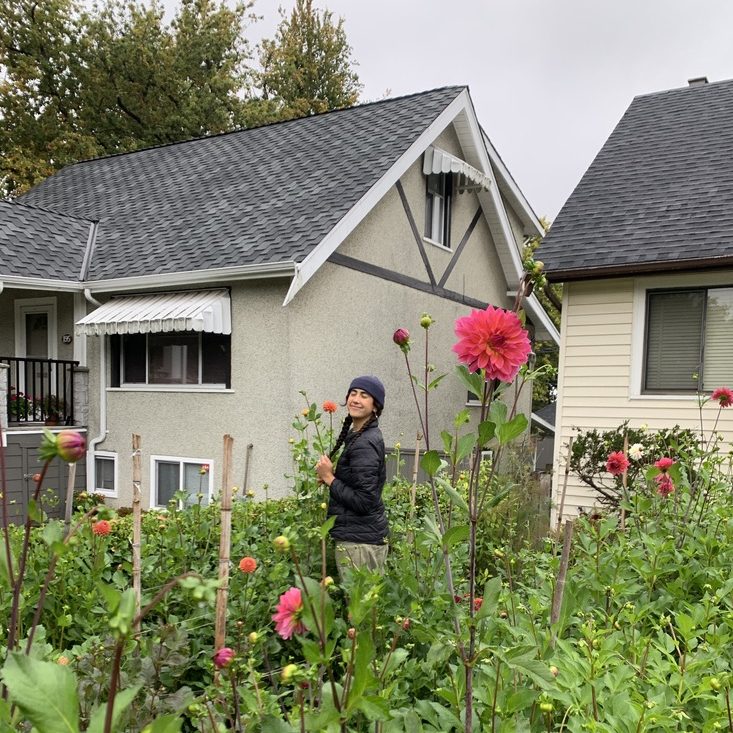
Asalah
Farm Hand at City Beet Farm
"I loved getting a deeper look + being immersed in our local food system. Getting my hands dirty every week and harvesting veg that goes to local organizations and their markets was so fulfilling"
36261
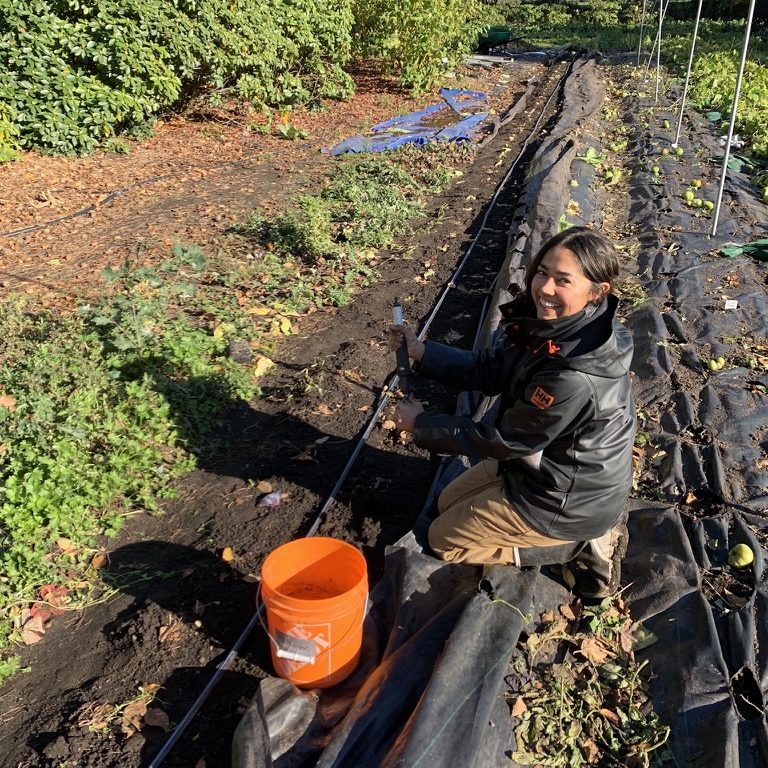
Malli
Farm Hand at City Beet Farm
"Working with City Beet Farm, I gained experience working on a novel and unique farm. I was inspired by the impact and abundance grown within the heart of urban Vancouver"
36257
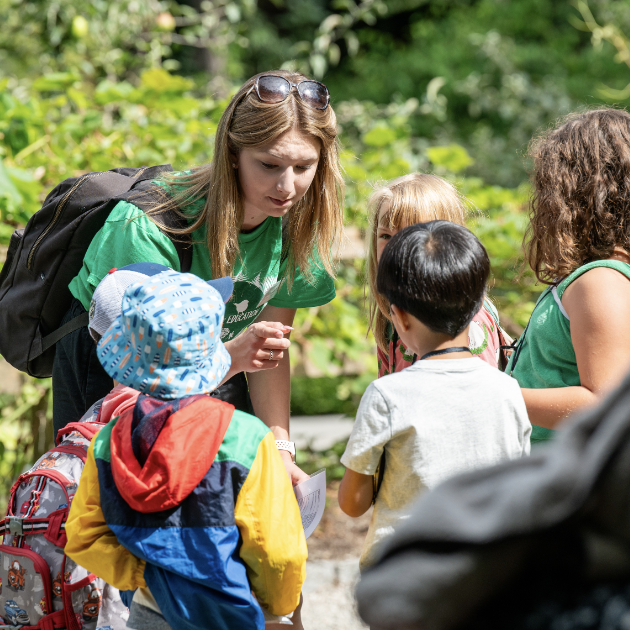
Madelena
Nature Camps Assistant
"This placement was more than I ever could’ve hoped for. I'm walking away from this experience with a deeper passion for food system education and youth discovery-based learning opportunities"
36228
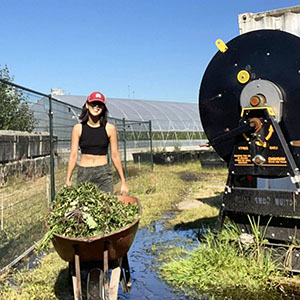
Rachel
Sole Food Street Farms
"My tasks were similar day to day, but the soil was constantly changing, which was always exciting! I really loved opening the composting drum and seeing what had developed over the week."
36180
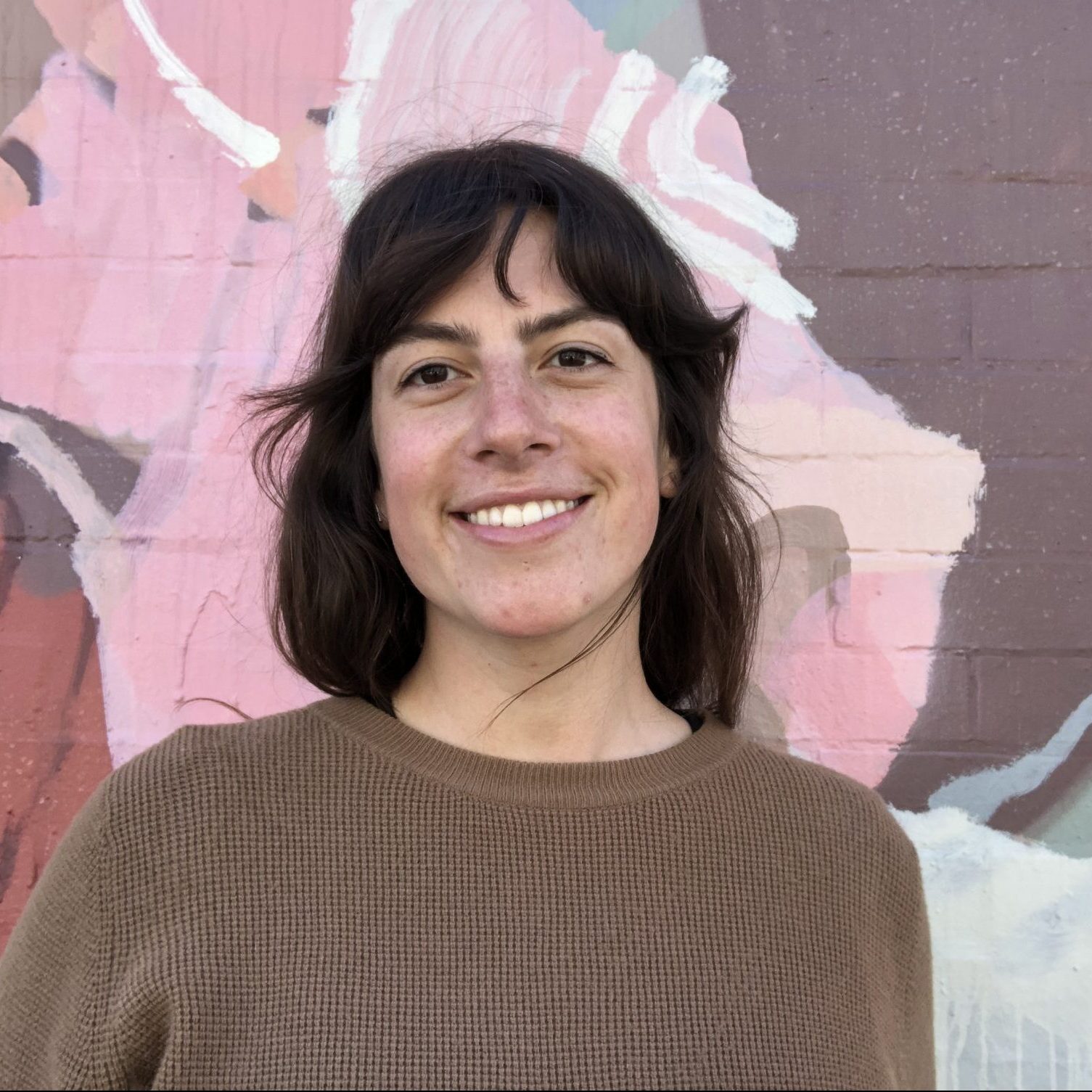
Morgan Hamilton
Food Skills
I was initially attracted to this internship because the workshop programming includes so many forms of creativity, whether that’s cooking or weaving. Usually, creativity within school work exists in such specific confines, having part of my life incorporated with both creativity and the outside world is amazing.
18530
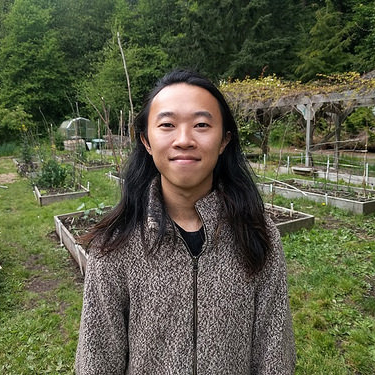
Jeffrey Kwok
Outreach and Community Engagement
My internship gave me the opportunity to immerse myself into the community of people in Vancouver who work to creating a better food system and I want to be a part of that change.
11207
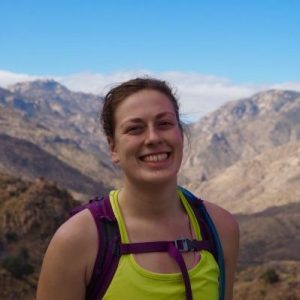
Meryn Corkery
Communications & Academic Assistant
It was interesting to learn about the dynamic position the Farm is in - straddling both the student and the institutional side, as it offers food for the UBC Campus community but also serves as a living laboratory for students. There are no other University farms like it in North America.
10804
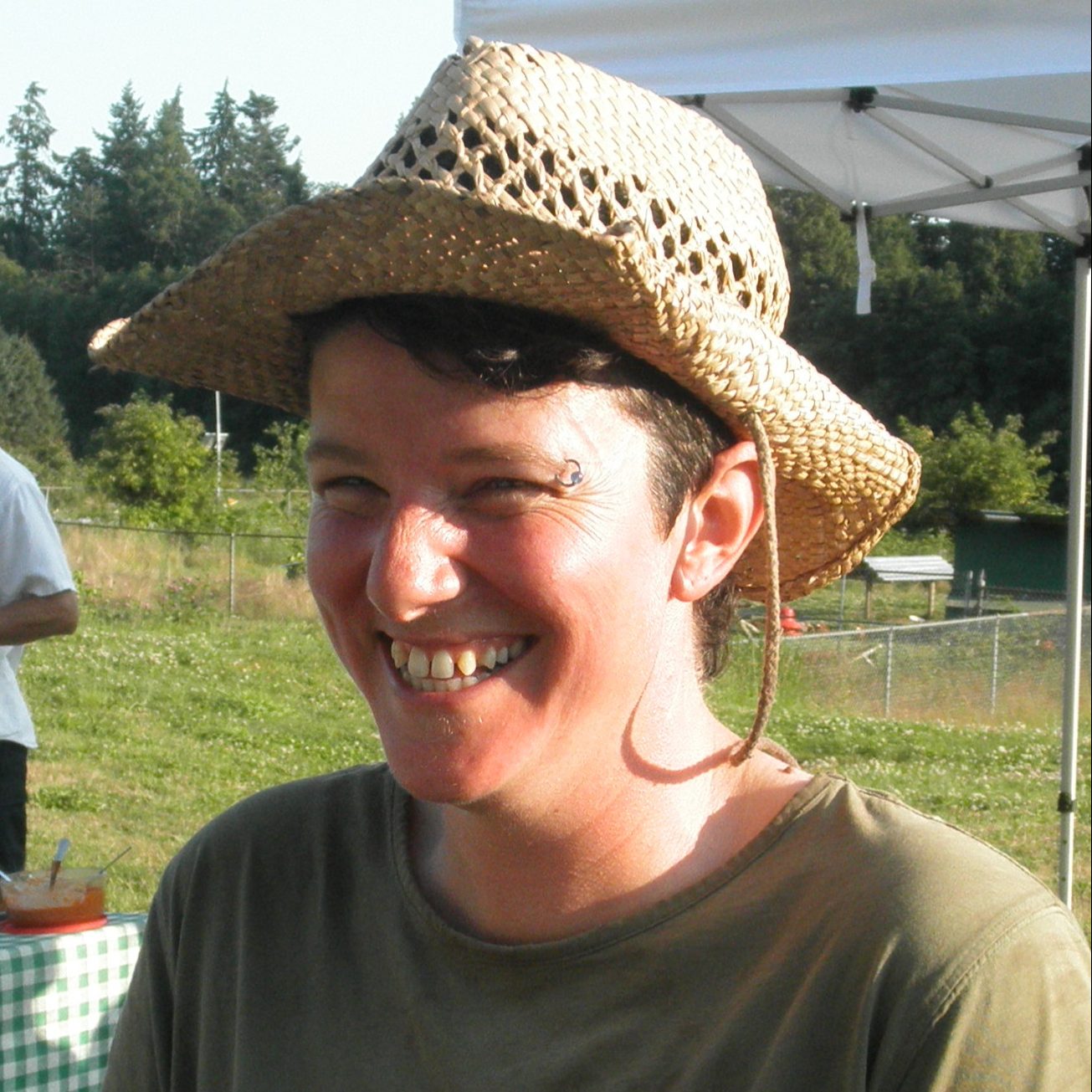
Mel Sylvestre
Program Supervisor
I think a farm is a place of self-growth. You are learning about yourself but are also learning what you actually want to do. There are many opportunities for growing in ways you may not imagine.
7187
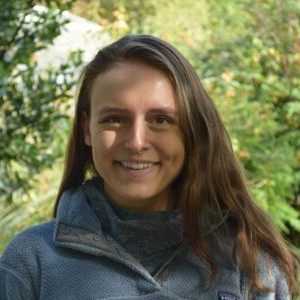
Sophie Draper
Feeding Growth
Before this work placement, I didn’t know where I belonged in the food system. My placement completely changed my perspective on how business can be a collaborative effort even if you are competitors. It led me to realize that I am interested in business development and entrepreneurship.
7177
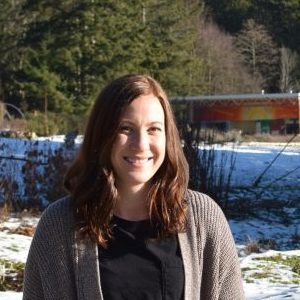
Carly Koenig
Food Skills Education Assistant
I learned the importance of developing relationships with the community. It takes time to develop trust and communication. As a public health student, my internship organizing sustainable living workshops gave me a new perspective on supporting community health.
7170
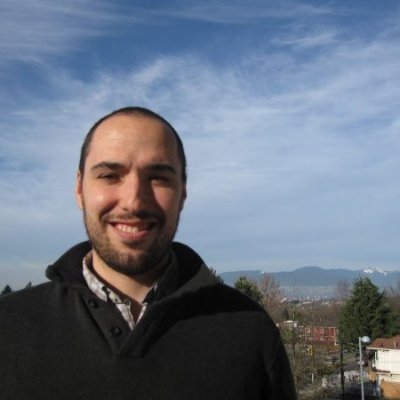
Ian McLean
Farm Management Application Assistant
One thing people should know about the UBC Farm is that it is strong from an academic perspective, as well as industrial. It has multiple research projects going on but at the same time it is a fully-working farm that makes money. I didn’t know about this until I spent time learning about the UBC Farm. I also didn’t know how multi-disciplinary it is. There are more computer science students who would probably love to work on the UBC Farm application and would do it just for a chance to get experience.
7091
36261
36257
36228
36180
18530
11207
10804
7187
7177
7170
7091
Current & Prospective Students
Why do it?
It’s a foot in the door
Finally get your hands dirty, contribute to the success of an organization working in the food system, and learn from someone on the ground.
Choose the skills you want
Choose from a range of opportunities: community garden development, food literacy communication, sustainable food business practices, etc.
It’s structured
The career development course ensures that your work placement is a legitimate and fair learning opportunity. The parameters are clearly set with the organization so that you work and train there in return for UBC credits.
UBC students from all faculties are eligible, with the written permission of Program Advisor. There are no pre-requisites to LFS 496.
See a sample of the LFS 496 Syllabus. LFS 496 is a for-credit course.
Watch for career development opportunities
In February, July and November, make sure to peruse the UBC Farm e-newsletter and UBC Farm website for career development opportunities.
Determine your interests and eligibility
Make sure you meet the eligibility criteria for LFS 496. Courses start in May, September, and January.
Time commitment:
(A) 3 credits/semester – average 9 hours/week, minimum of 78 hours, maximum of 117 per semester.
(B) 6 credits/semester – average of 18 hours/week, minimum of 156 hours, maximum of 234 hours per semester.
The semester options include Winter 1, Winter 2, OR Summer 1&2 combined.
Note: Students may earn a maximum of 6 credits total in LFS 496.
You’ve interviewed and been accepted for an LFS 496 career development placement, now you need to register for the course. There is a special registration process for this course, and you will not be able to register on you own through the SSC. Your first step is to complete this online registration form within one week of being accepted into the placement. Then, send your written Program Advisor's permission to take this course to ubcfarm.academic@ubc.ca, and you will be registered before the start of the term.
Track your hours on the time log provided. The expectations on number of hours worked per semester are indicated below. The number of hours per week is flexible as long as the total number of hours is completed by the end of the semester. Course deliverables must be handed in at the latest one week after the end of classes.
- 3 credits/semester at ~9 hours/week (total of 117 hours)
- 6 credits/semester at ~18 hours/week (total of 234 hours)
These hours do not include lunch or break time.
Current & Prospective Hosts
Why host a student in my organization?
It’s rewarding
For you and for them! Students signing up for the career development in Land and Food Systems course are bright and focused. More importantly, they are highly motivated to get their hands dirty and contribute to the success of your organization. Supervising students can take up staff time and resources, but what you get in return—the creativity of new perspectives and the injection of energy—can be worth it.
It’s personalized
You choose the student according to your needs and specifications. Do you have projects on the back-burner that require a special set of skills or an extra set of hands? You can incorporate these requirements in the application form. Then you can interview your top choices and connect with potential candidates. There is also flexibility as to how many hours and for how many months you work with the student.
It’s structured
The for-credit, course model ensures you are providing a legitimate and fair learning opportunity for the student while also benefiting your organization. The student works and trains at your organization or business, and will receive academic credit from the University of British Columbia.
To be eligible to host a career development student, your organization must have been operational for at least one year. Once you have determined your organization is eligible, make sure your career development opportunity idea meets the following requirements:
- The student will be provided with an on-site workplace supervisor;
- The student will receive an orientation session, including safety procedures, from your organization;
- The workplace supervisor will complete a mid-way and final feedback form to communicate student progress and learning.
- The practicum position should enhance your organization’s impact but not replace what would normally be a paid position.
How to propose a Career Development Placement
This form will help you describe the project and related tasks that you would like the student to complete, as well as the timing of the curse and desired student qualifications. Course start months are aligned with the start of each academic semester, that is May, September, and January. There is flexibility as to how many hours and for how you can host a student, but course deliverables must be handed in at the latest one week after the end of classes.
The options are:
- 3 credits/semester at ~9 hours/week (total of 117 hours)
- 6 credits/semester at ~18 hours/week (total of 234 hours)
Our LFS 496 Instruction Team will get back to you with a draft student position posting that you will finalize together. The position posting will ultimately be posted on this webpage.
Propose a placement for LFS 496
1. Interview applicants – we recommend interviewing a maximum of 5 students.
2. Email your preferred student candidate(s) to offer them the position. We recommend giving them a deadline by which to confirm to you their decision to accept.
3. Once they’ve accepted, send them this LFS 496 online registration form, which they must complete in order to finalize their LFS 496 registration. They must also send written permission from their Program Advisor to take this course to ubcfarm.academic@ubc.ca
4. Courses start the first day of the semester and end on the last day of classes. Consult UBC’s Calendar for exact dates.
5. Once the course starts, the student will track hours on a time log that will be shared with you. The expectations on number of hours worked per semester are indicated below. The number of hours per week is flexible as long as the total number of hours is completed by the end of the semester.
- 3 credits/semester – average 9h/week, minimum of 78 hours, maximum of 117 per semester.
- 6 credits/semester – average of 18h/week, minimum of 156 hours, maximum of 234 hours per semester.
6. Meet with your student(s) as needed, complete the student evaluation forms the LFS 496 instructor team will send you, and do not hesitate to get in touch with the team if you have any questions. Here’s an overview document that can help you understand your roles and responsibilities.